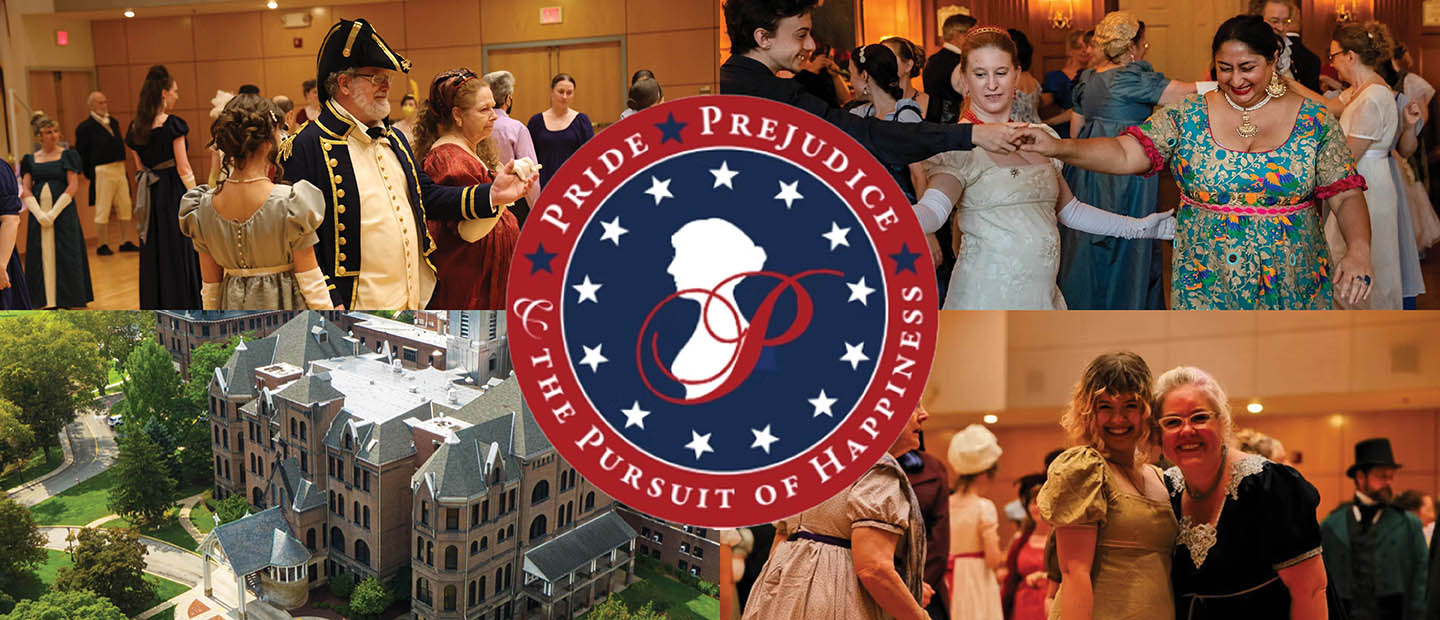Physician Assistant Grad Finds Home in Hospital Infectious Disease Department
Credits Seton Hill for Being Prepared to Provide Intense Level of Care
A hospitalist at Butler Memorial Hospital since August 2019, Physician Assistant Program grad Cory Rings was moved to a COVID-19 unit early in the pandemic and found his niche: the Infectious Disease Department.
“Thankfully I had some experiences under my belt before it happened. This is so new. We’re learning about it together,” he said. “We were surprised at how quickly things progressed. People are fine one minute, and a few hours later they need a ventilator. It’s very rapidly progressing.”
Patient care has been manageable during the pandemic, he said. “We had little surges here and there. We were well-prepared in terms of PPE and a plan. We’re as prepared as we can be.”
The COVID-19 fight is ongoing, with case numbers surging in November. “All of a sudden we saw the patient numbers spiking. It’s nursing homes, where it moves like wildfire; schools; rallies around the election; weddings - any kind of gatherings,” he said.
"The Seton Hill education helps you be prepared as you can be."
While many COVID team workers have returned to their units, Rings took a permanent position in the Infectious Disease Department in August.
“It’s been a really great learning opportunity,” he said. “When I worked as a hospitalist, we had sick patients, but we also had many different kinds of medical cases. Working with infectious diseases is a more intense level of care. The people we treat are really sick. We have to do a lot more for them.”
Cases range from pneumonia to skin and bone infections. “We see everything that general medical doctors see, except we get the really, really sick ones.”
In the future, Rings wants to help other Seton Hill students in the PA program.
“I felt really prepared going into the workforce and just want to help with the program. The Seton Hill education helps you be prepared as you can be. Seton Hill not only taught us how to take care of people, it creates a very empathetic approach to care.”



